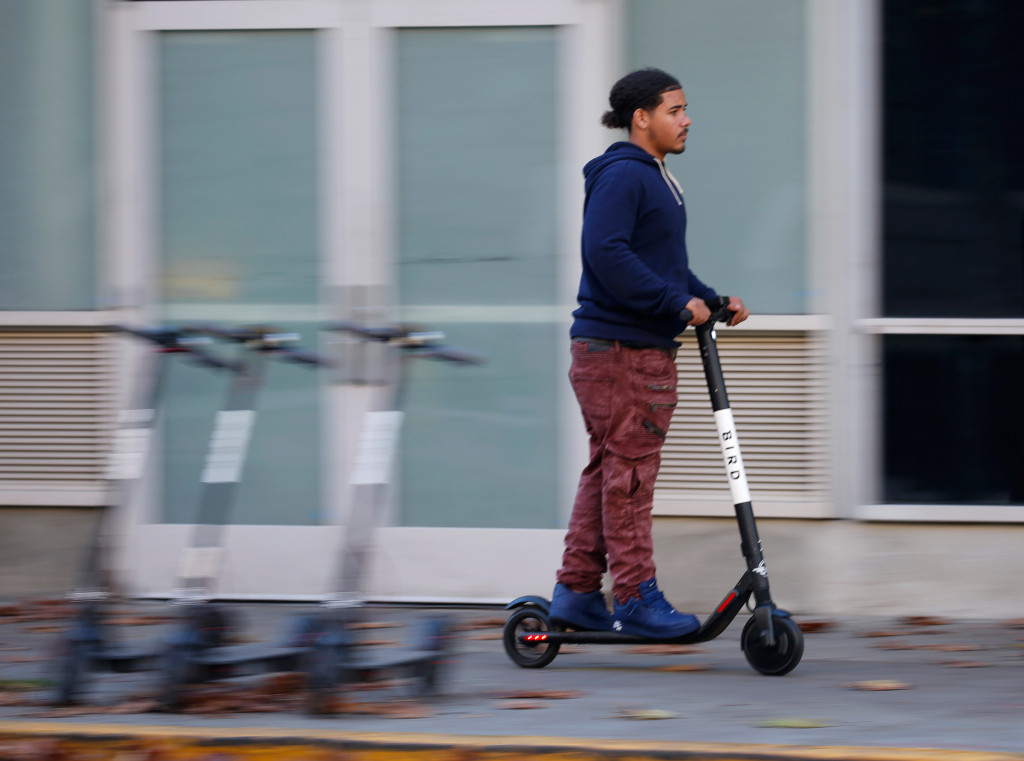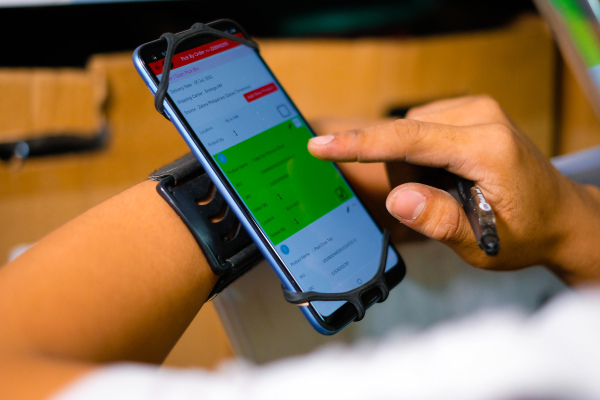Love them or hate them, if you’ve been outside recently you probably have strong opinions about electric scooters — maybe stronger than the scooters themselves, at least in Louisville, Ky.
Bird scooters in Louisville only lasted about 28.8 days and each earned the company an estimated $3.32 in net revenue per day, according to an analysis by the economics website Quartz of data posted by the city.
A spokeswoman for Bird told the website that the data, part of Louisville’s open data initiative, didn’t paint a complete picture.
“We have a dynamic fleet, move vehicles around, etc.,” Rebecca Hahn told Quartz in an email. “Just because it looks like it was in Louisville for 28 days does not mean that was its entire lifespan.”
On Twitter, “transport enthusiast” Nathan Stevens found that, according to the data, each scooter was used on average 3.49 times per day, with each ride lasting an average of 18 minutes and going 1.6 miles. Stevens also found one “super scooter” that worked for 257 rides and 493 miles — roughly equivalent to riding from San Francisco to San Diego.
Bird aims to pay roughly $360 per scooter, so using that plus estimates of charging costs, Louisville’s fees and more, Quartz predicted Bird lost at least $293 per scooter.
The original Bird scooters were from Xiamoi and intended for one user weighing 200 lbs, about 2 lbs above the average weight for an American man, according to Quartz. The company recently announced a new generation of scooters specifically designed for shared use.
Shared electric scooters have come under some regulatory scrutiny recently, including a ban at San Jose State. In San Jose, the city council passed an ordinance requiring companies to get a permit, pay an annual permit application fee of $2,500 and submit another $124 per device each year to operate. They’ll also have to obtain insurance and protect the city from legal claims.
The mayor also suggested requiring geofencing technology to keep scooters off of sidewalks.










